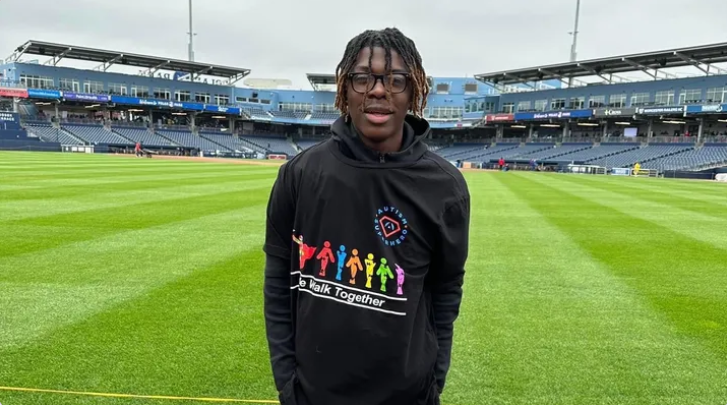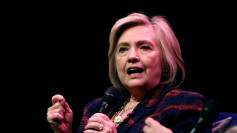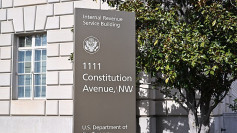The Massachusetts Office of the Chief Medical Examiner has confirmed that 14-year-old Harris Wolobah, a sophomore at Doherty Memorial High School, died from consuming a high level of chili pepper extract after participating in Paqui's "One Chip Challenge." The viral social media trend involved eating a chip containing extremely spicy Carolina Reaper and Naga Viper peppers.
According to the examiner, Wolobah's exact cause of death was deemed a cardiopulmonary arrest "in the setting of recent ingestion of food substance with high capsaicin concentration." While the examiner could not confirm that the chip was the source of the capsaicin, they determined that the high schooler had an enlarged heart and a congenital heart defect, conditions that his family was not aware of at the time of his death.
In response to the autopsy news, a representative for Paqui expressed their deep sadness over Wolobah's death and extended condolences to his family and friends. The company emphasized that the "One Chip Challenge" was intended for adults only, with clear and prominent labeling highlighting that the product was not suitable for children or anyone sensitive to spicy foods or with underlying health conditions.
"We saw increased reports of teens and other individuals not heeding these warnings. As a result, while the product adhered to food safety standards, out of an abundance of caution, we worked with retailers to voluntarily remove the product from shelves in September 2023, and the One Chip Challenge has been discontinued," the representative added in a statement.
Wolobah participated in the challenge on Sept. 1, and according to his mother, Lois Wolobah, she received a call from the school nurse notifying her that he had fainted after eating the chip. Family members picked up Harris and drove him home, only to discover him unconscious by 4:30 p.m. They rushed him to the hospital, where he was pronounced dead.
The boy's father, Amos Wolobah, told WBZ that his son had "no pre-existing condition." Lois Wolobah expressed her immense grief, saying, "I pray to God that no parent goes through what I'm going through. I don't want to see anybody hurting the way I'm hurting. I miss my son so much, I miss him so much."
Paqui had sold the singular spicy chip for $10, with directions on its website instructing consumers to "eat the entire chip. Wait as long as possible before drinking or eating anything. Post your reaction on social media with #onechipchallenge and mention @paquichips." However, after a surge in minors consuming the product against the packaging's warning, including Harris, Paqui issued a statement announcing their decision to remove the product from shelves.
"While the Paqui One Chip Challenge is intended for adults only, we have seen an increase in teen usage of the product," said the Paqui spokesperson on Sept. 7. "We care about all of our consumers and have made the decision to remove the product from shelves. The product's label clearly states it is not for children or anyone sensitive to spicy foods or who has food allergies, is pregnant or has underlying health conditions. We are actively working with our retailers and are offering refunds for any purchases of our single-serve one chip challenge product."
The tragic death of Harris Wolobah has brought attention to the potential dangers of viral social media challenges and the importance of adhering to product warnings and age restrictions. As the community mourns the loss of a young life, it serves as a sobering reminder of the need for increased awareness and responsibility when it comes to participating in such trends.






